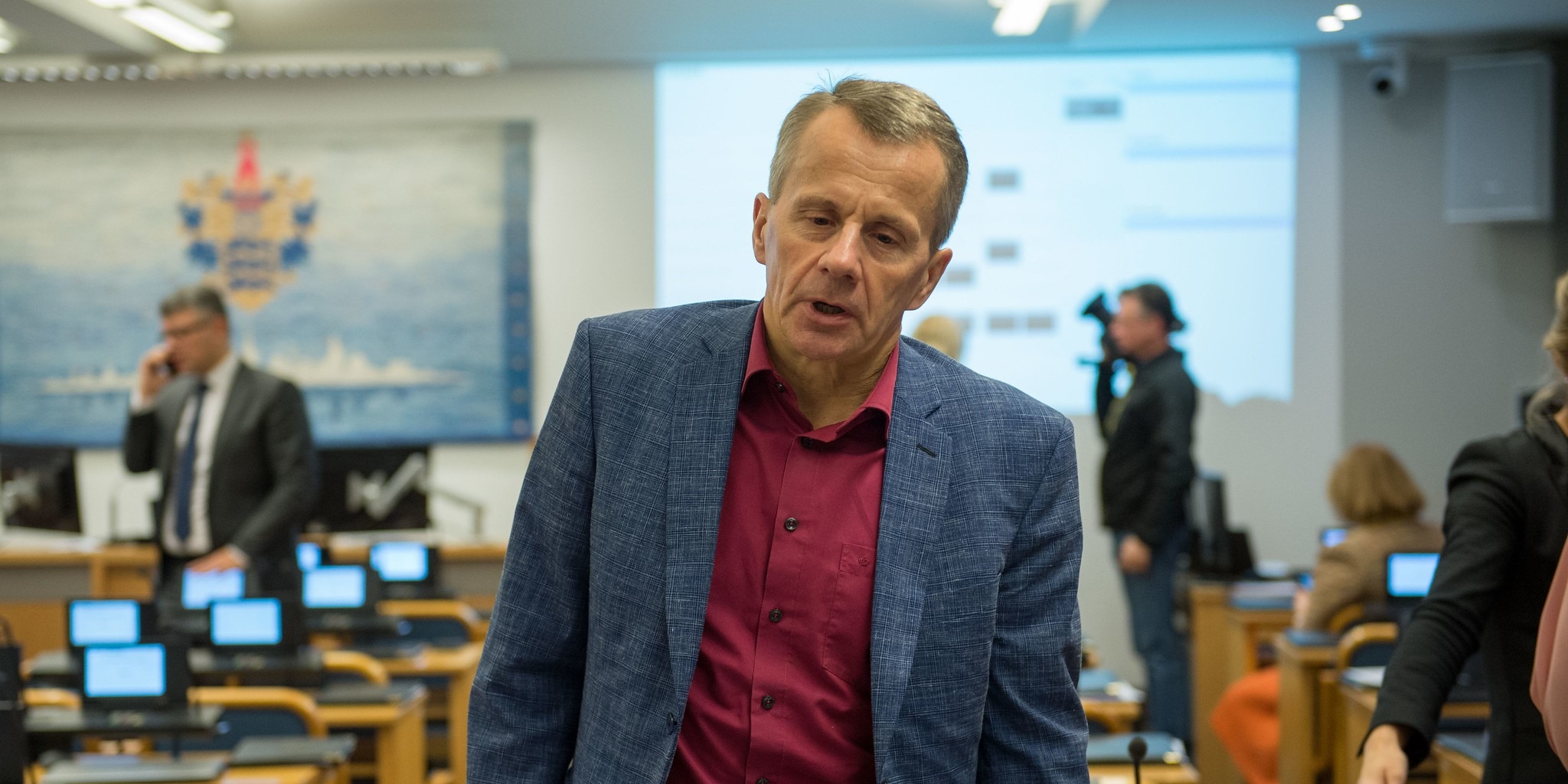
Main narratives:
- Anti-government sentiments;
- Russophobia in Estonia.
Overview:
Pro-Kremlin commentators on social media have seized on recent events to criticize the Estonian government for its increasing arrogance and detachment from the concerns of ordinary citizens, particularly the Russian-speaking minority. They argue that many politicians, including Finance Minister Jürgen Ligi, seem to speak down to the public, dismissing their worries as uninformed or insignificant. Ligi’s recent comment, suggesting that the Estonian constitution allows people to be “stupid” for opposing a VAT rise, has amplified this perception. Critics on social media and in public forums have accused Ligi and others in power of belittling the legitimate concerns raised by citizens, ignoring the economic pressures that many face, especially amidst rising taxes. This type of dismissive rhetoric, they argue, deepens the already growing mistrust between the government and its electorate. Instead of fostering dialogue and understanding, the government seems more focused on protecting its own interests and maintaining political control. These criticisms are also fuel for pro-Kremlin propaganda, which seeks to exploit societal divisions and exacerbate tensions on sensitive issues, particularly around Estonia’s treatment of its Russian-speaking minority.
A prominent place in discussions within popular Russian-speaking Facebook groups last week was taken by an opinion piece by anthropologist and ethnographer Aimar Ventsel, published on the public news portal ERR.EE. In his article, Ventsel referred to some members of the local Russian-speaking community as so-called “zhduny” (a term referencing the sculpture by Margriet van Breevoort created in 2016). According to Ventsel, these are people “who still haven’t realized that they live in Estonia and haven’t accepted this ‘unpleasant’ fact – and in such cases, not even a doctor can help. At the same time, such individuals typically do not engage in criminal activity. However, in the context of Russia’s war against Ukraine, the term “zhduny” often implies people who are waiting for Russian troops to arrive. Several commentators quickly reacted to this interpretation. For instance, RUS.ERR.EE editor Artur Tooman pointed out that such labeling harms social cohesion. Meanwhile, in Russian-speaking Facebook communities, Ventsel’s article triggered another wave of accusations against both the Estonian authorities and the Estonian-speaking majority, accusing them of “rabid Russophobia” – a narrative frequently amplified by pro-Kremlin propaganda.
This incident once again illustrates that any attempt to interpret the socio-cultural processes related to the integration of the Russian-speaking minority must take into account both the historical and temporal context — otherwise, it risks being exploited to maliciously deepen societal divisions and destabilize the situation.









